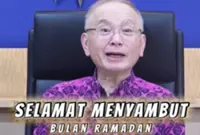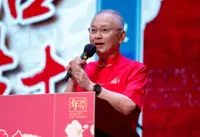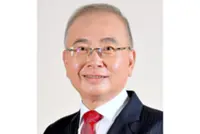PETALING JAYA: Independent think tank Insap and the Chongyang Institute for Financial Studies of Renmin University of China (RDCY) have announced a significant strategic cooperation aimed at enhancing collaboration in policy research.
A memorandum of understanding (MOU) was signed between the Institute of Strategic Analysis and Policy Research (Insap) and RDCY. This agreement would promote advancement in the education sector and technological and skills transfer between the topic experts in Malaysia and China.





